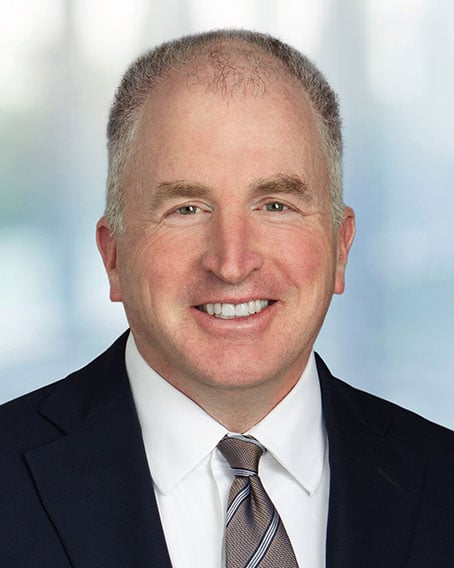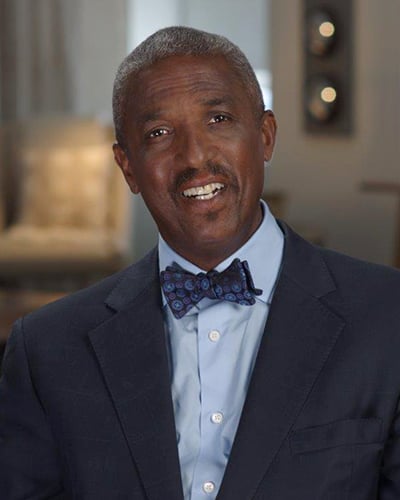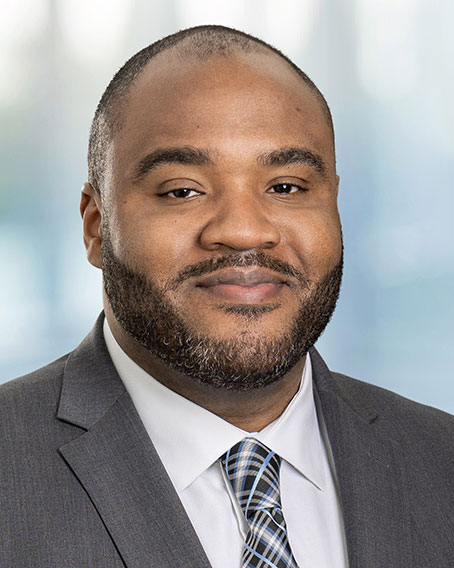As part of its continuing effort to address student-athlete compensation issues, the NCAA Division I Council last week approved and introduced into its 2020-21 legislative cycle a proposal (the “Proposal”) that would allow student-athletes, under certain circumstances, to profit off of the exploitation of their names, images, and likenesses (“NIL” and sometimes known as the “right of publicity”).1 The Proposal is subject to review and comment by the Division I Council until January 2021, when it will be voted on at the NCAA Convention. If approved, the Proposal will go into effect on August 1, 2021, the start of the next academic year.2
The Proposal3
The Proposal is a significant but not unexpected step in the NCAA’s plan to modernize its rules concerning compensation of student-athletes. In April of this year, the NCAA Board of Governors announced its support for a similar proposal and called for each NCAA division to provide their input by the end of August 2020, with final legislation to be ready by this month.
In its October 14 announcement, the NCAA suggested the following types of activities would be permitted for student-athletes:
- Use of NIL to promote their own or third-party products and services.
- Use of NIL to promote and operate their own camps, clinics, and private lessons.
- Accepting compensation for autographs and personal appearances.
- Through crowdfunding, soliciting funds for non-profits, charities, catastrophic events, family hardships, or educational experiences not covered by tuition.
The Proposal, however, is not without limitations. First, student-athletes would not be allowed to use any school marks or branding for promotions, advertisements, or endorsements. Second, student-athletes would be prohibited from participating in activities that conflict with other NCAA legislation, such as sports wagering or the promotion of banned substances. In addition, schools would have the right to prohibit any activities that conflict with the school’s values or any of its sponsorship arrangements, provided that the school discloses such activities at the time the student is admitted or enters into a financial aid agreement.
Under the Proposal, schools also would be prohibited from taking certain actions, including participating in any development, operation or promotion of a student-athlete’s business activities, unless those activities were part of the student-athlete’s coursework or academic program. Additionally, schools would not be permitted to arrange or secure any endorsement opportunities for their student-athletes. Finally, the Proposal would require certain disclosure obligations: both prospective and current student-athletes would be required to disclose any NIL activities, the compensation arrangements involved, and the details of any relevant relationships developed through the process.
To assist with these disclosures, the NCAA has proposed the use of a “third-party administrator” to act as a clearinghouse, to monitor and report any NIL activities, and to help inform interested stakeholders, including student-athletes, boosters, or professional service providers, about the guidelines. Such an administrator also could help with compliance concerns, particularly for mid-major programs without the internal compliance teams of larger programs.
Considerations
While the Proposal is a historic move for the NCAA, given its prior staunch position on amateurism, it was an expected response to the national push to “level the playing field” in the lucrative business of college sports. Five states, including California and Florida, already have passed legislation allowing student-athletes to financially benefit from their rights of publicity, while over twenty other states are in the process of considering comparable acts. Congress is also considering federal legislation: the most recent proposal, the “Student Athlete Level Playing Field Act” was introduced last month by Congressman and former NFL and Ohio State University wide receiver Anthony Gonzalez (R-OH) and Congressman and former Clemson football walk-on Emanuel Cleaver (D-MO). In the U.S. Senate, a bill dubbed the “college athlete’s bill of rights” is expected to be introduced by Cory Booker (D-NJ) and Richard Blumenthal (D-CT) in the coming months. This bill will seek to address not only NIL and student-athlete compensation matters, but also related topics such as safety and wellness standards, long-term healthcare, and eligibility requirements. If Congress takes such action, the NCAA will find itself in the unenviable position of following rules crafted and imposed by politicians rather than their own members and stakeholders.
Despite the continued activity on NIL issues, we expect the NCAA to hold fast to its position on amateurism for most other issues. The day after it announced the Proposal, for example, the NCAA petitioned the U.S. Supreme Court to review the Ninth Circuit’s decision in Alston v. NCAA, in which the circuit court decided against the NCAA, holding that it may limit grant-in-aid scholarships to the cost of attendance, but may not limit non-cash compensation and benefits that are related to education, such as computers, science equipment, and musical instruments.4,5
- DI Council Introduces Name, Image and Likeness Concepts into Legislative Cycle, NCAA (Oct. 14, 2020, 3:05 p.m.), http://www.ncaa.org/about/resources/media-center/news/di-council-introduces-name-image-and-likeness-concepts-legislative-cycle.
- Rick Maese, NCAA Proposal Opens Door for Athletes to Make Money, With Plenty of Caveats, The Washington Post (Oct. 14, 2020), https://www.washingtonpost.com/sports/2020/10/14/ncaa-proposal-athletes-endorsement-deals/.
- DI Council Introduces Name, Image and Likeness Concepts into Legislative Cycle, NCAA (Oct. 14, 2020, 3:05 p.m.), http://www.ncaa.org/about/resources/media-center/news/di-council-introduces-name-image-and-likeness-concepts-legislative-cycle.
- NCAA Statement Regarding Supreme Court Petition for Alston Case (Oct. 15, 2020, 10:32 A.M.), http://www.ncaa.org/about/resources/media-center/news/ncaa-statement-regarding-supreme-court-petition-alston-case.
- Alston v. National Collegiate Athletic Association, No. 19-15566 (9th Cir. 2020).
Stay Up To Date with Ropes & Gray
Ropes & Gray attorneys provide timely analysis on legal developments, court decisions and changes in legislation and regulations.
Stay in the loop with all things Ropes & Gray, and find out more about our people, culture, initiatives and everything that’s happening.
We regularly notify our clients and contacts of significant legal developments, news, webinars and teleconferences that affect their industries.





